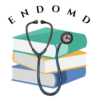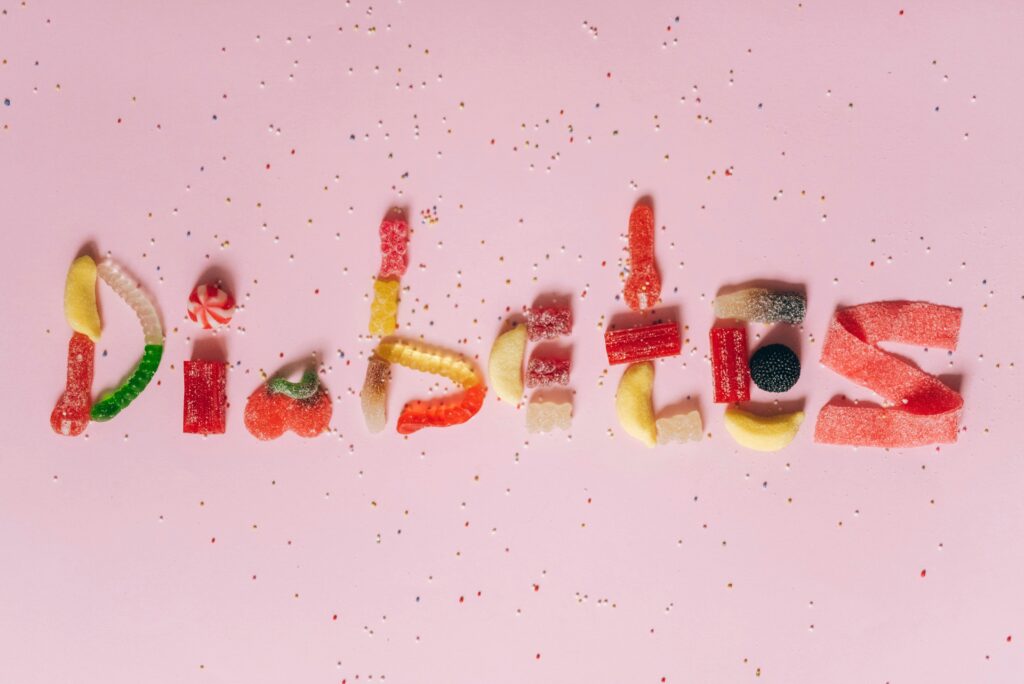Sick Day Rules – Type 2 Diabetes
Insulin is a hormone produced by the pancreas to help our body utilize sugar and other starches. In diabetes, blood glucose (BG) levels are high because of absence of insulin production (type 1 diabetes) or deficiency of insulin plus insulin resistance (type 2 diabetes). Type 2 diabetes is managed by dietary changes, increase in activity level and medications. Many patients with type 2 diabetes have to take combination of medications, including insulin injections in some cases. These medications worked through different mechanisms. The ones which target insulin deficiency work by stimulating insulin release from the pancreas (e.g. Glyburide, Glipizide, Glimepiride, Repaglinide etc.). Just like insulin therapy itself, these medications can sometimes cause low blood glucose (BG) readings or hypoglycemia (BG<70 mg/dL).
When you are sick or under stress, your blood sugar level (BG) usually increases. This increase occurs because your body under these circumstances produces “stress hormones” (e.g. adrenaline, cortisol), which allow you to deal with the illness. However, the stress hormones make your body less responsive to insulin, thus leading to potentially high BG. At the same time, when you are ill, you may not have much of an appetite or you may have nausea and vomiting. The resulting decrease in oral intake may put you at risk of hypoglycemia. Because of potential opposing effect of stress on BG, it is a good idea to discuss a specific plan of action regarding diabetes medications, before you get sick. Such planning is particularly important in elderly, frail individuals, patients with underlying chronic kidney or liver disease & cardiac patients.
Your physician and diabetes educator are in the best position to guide you about your specific situation but there are some general guidelines:
- If you are taking metformin or an SGLT-2 inhibitor (Invokana®, Farxiga®, Steglatro®, Jardiance®), and you are vomiting or have diarrhea, you should stop these medications temporarily.
- You may continue to take other medications such as pioglitazone, Januvia® or Tradjenta®, even if you are not eating much. Do you check with your doctor however.
- If you are on one of the medicines that stimulate insulin release from the pancreas (e.g. glyburide, glipizide, glimepiride, repaglinide or nateglinide), the decision as to be individualized. In some cases, when the intake of food is very low for longer periods, there is a risk of hypoglycemia. In most cases, because the effect of stress hormones, the blood glucose is actually high, even in patient with reduced appetite. As long as you are able to check glucose readings and they are normal or high, your physician will probably advise you to continue these medications. It is crucial to check BG closely in this scenario. If BG starts to drop the 70-80 mg/dL and particularly if you are not eating much, you may have to hold these medications as well.
- If you are on a GLP-1 agent (Victoza®, Trulicity®, Ozempic® or Rybelsus®) and your nauseous, you should skip the dose because these agents can cause nausea themselves. If you are having severe upper abdominal pain and you are taking one of these medicines, contact your physician as this may be an indication of a rare but serious side effect called acute pancreatitis.
- If you are on an SGLT-2 inhibitor (Invokana®, Farxiga®, Steglatro®,Jardiance®), you need to be extra careful when you are not feeling well. In rare cases, if you continue these medications & you are dealing with an acute illness, along with reduced oral intake, you may develop a serious condition called diabetic ketoacidosis (DKA). In this condition the body starts breaking down fat for energy and as a result generate a byproduct called ketones. Ketones can make your blood acidic, which can be life-threatening. The symptoms may include vomiting, trouble breathing, feeling very weak and drowsy, dehydration, extreme thirst etc. DKA may require insulin therapy and intravenous hydration.
- If you are taking insulin, generally you should continue the dose and expect increased requirement during illness. In some cases, if you are only taking a dose of long-acting insulin when you are healthy, you may require up to 3 additional doses of short-acting insulin when you are sick.
- Some patients who were not on insulin been healthy, may end up requiring insulin therapy during illness because of stress induced increase in BG. It is important to mention that if BG >180 consistently, your immune system may not fight infections well.
- Contact your physician or the diabetes team if:
- Your BG is consistently above 250 mg/dL (generally for more than 1-2 days)
- Your symptoms are getting worse such as persistent nausea, vomiting or dehydration
- You are experiencing acute abdominal pain, fevers, shortness of breath and severe weakness
- You are experiencing an increase in urine output along with an increased thirst
- You are starting to get dizzy, lightheaded, confused or disoriented
- Your blood glucose is staying <70 mg/dL
- You are on SGLT-2 inhibitors & think you may have DKA
- You are pregnant and have diabetes.
This information is for general knowledge & is not a substitute for medical advice your doctor
recommends
.
Post Disclaimer
We are not your healthcare provider, and your use of this website does not establish a patient-client relationship. All the information contained on this website is for informational purposes only. No material on this site is intended to be a substitute for professional medical advice (diagnosis, treatment, testing or nutritional information). Always seek the advice of your physician or qualified healthcare provider with any questions you may have regarding medical or health-related conditions or treatment. Your healthcare provider knows your condition or situation well and can give you specific advice which would be appropriate for your condition/situation. Your healthcare provider can also guide you more accurately about injection techniques, dietary interventions and the use of medical technology that is most pertinent and suitable for you. Please do not disregard professional medical advice or delay in seeking it because of something you may have read on this website.

